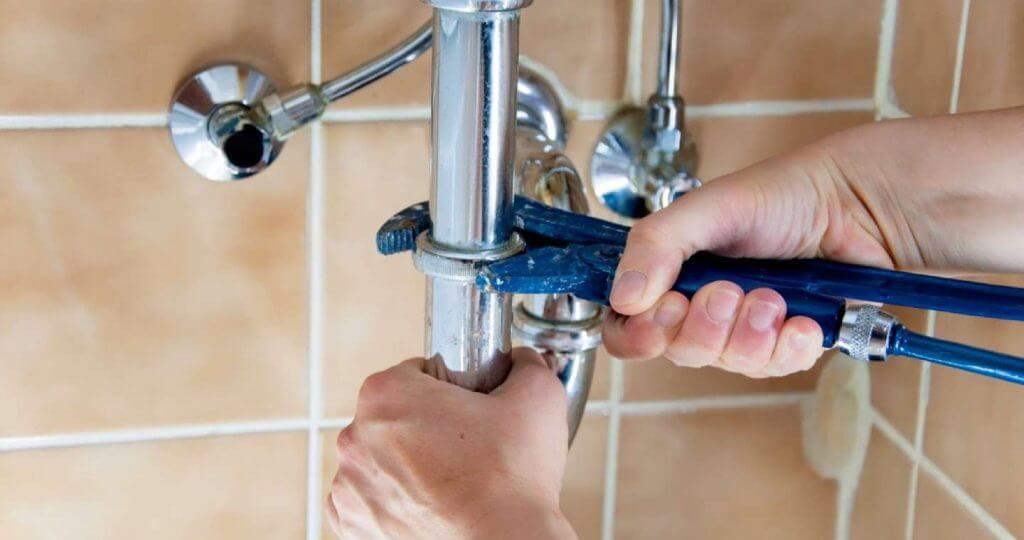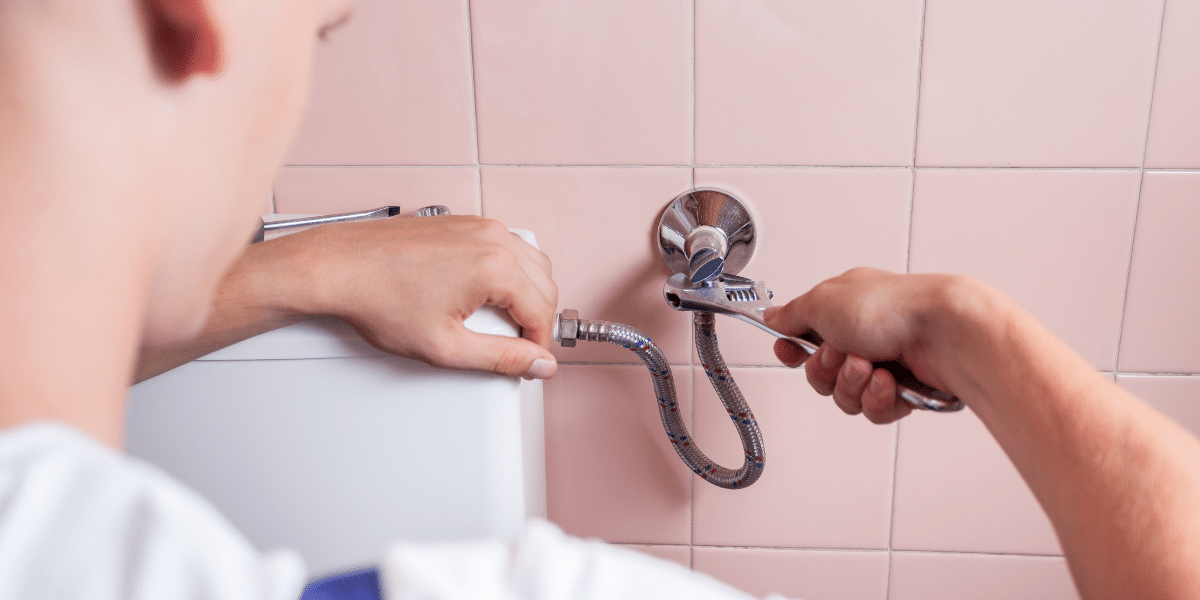The 5 Everyday Water Leak Causes
The 5 Everyday Water Leak Causes
Blog Article
The author is making a few great pointers on the subject of How to Find and Prevent Water Leaks in Your Home in general in this great article in the next paragraphs.

"Be cautious of little expenditures. A little leakage will certainly sink a terrific ship." - Benjamin Franklin.
He could not have actually been a lot more appropriate because water leakages in our houses lead to a waste of sources, boosting our water costs. This boost may appear minimal at initially, it can lead to substantial costs that can break your bank. Other than a rise in costs, water leakages likewise cause undesirable organic growth, architectural damage, and also also electric dangers.
Figuring out if you have a water leakage isn't constantly very easy due to being unable to see most of the pipework in your house. If you have had an increase in your water expenses lately, saw water spots on wall surfaces as well as ceilings, smelt lousy smell, and so on. You could wish to consider asking for plumbing services to get it looked into.
There are several causes of water leakages, and also we have actually compiled the usual factors below. Examine to see if you have had related concerns in your home recently.
Weakened pipeline joints
Pipe joints are the components of our plumbing system where the pipes connect. It is essential to keep in mind that even though pipelines are created to endure stress and last for a while, they weren't made to last permanently; therefore, they would certainly deteriorate over time. A typical indicator of damaged pipeline joints is too much noise from faucets.
High water stress
You noticed your house water stress is higher than normal yet after that, why should you care? It's out of your control.
It would be best if you cared since your ordinary water stress should be 60 Psi (per square inch) and although your residence's plumbing system is developed to withstand 80 Psi. A boost in water stress can place a strain on your residence pipelines and bring about splits, or worse, ruptured pipes. If you ever before observe that your home water stress is greater than usual, get in touch with a specialist regarding managing it.
Corrosion
As your pipework gets older, it obtains weaker as well as much more vulnerable to corrosion after the frequent passage of water with them, which can gnaw at pipelines and cause splits. A noticeable indicator of corrosion in your house plumbing system is discoloration and although this could be difficult to identify as a result of many pipelines hidden away. Once they are old to guarantee a sound plumbing system, we suggest doing a frequent appointment every few years as well as transform pipes
Blocked drains
Food particles, dust, as well as grease can trigger clogged up drains as well as obstruct the flow of water in and out of your sink. Boosted pressure within the rain gutters can finish and also cause an overflow up cracking or breaking pipelines if undealt with. To avoid clogged drains pipes in your home, we advise you to prevent pouring fragments away as well as normal cleaning of sinks.
Damaged seals
Another root cause of water leakages in homes is broken seals of residence appliances that utilize water, e.g., a dishwasher. When such devices are installed, seals are set up around water adapters for easy passage of water with the maker. Hence, a broken seal can cause leakage of water when in operation.
With little or no expertise of plumbing, recognizing your residence's plumbing system adequate to fix a few of these problems (without effect) can be a hassle. Contact plumbing specialists in Pittsburgh, Divine Superintendence, Rochester, and environ today, and they'll make those problems go away.
He couldn't have been much more best due to the fact that water leakages in our residences result in a waste of resources, raising our water bills. If you have had a rise in your water expenses recently, saw water spots on walls as well as ceilings, scented lousy odor, and so on. A rise in water stress can put a pressure on your residence pipelines as well as lead to cracks, or worse, ruptured pipes. Another reason of water leaks in residences is broken seals of home appliances that utilize water, e.g., a dishwasher. When such devices are mounted, seals are mounted around water adapters for very easy flow of water with the maker.
5 TIPS IN DETECTING A WATER LEAK IN YOUR HOUSE
Water leaks can be hard to find in your home, yet they can be so common. We rely on water every day in our home, which is why a leak can cause big problems. By detecting them early, you can save money and further damage, getting the problem fixed as soon as possible. Here are 5 tips to help you detect a water leak in your home, so you can contact a plumber straight away and get the issue sorted.
Check your water meter
Many people underestimate the value of the water meter in their home. It can be one of the best ways to tell if you have a leak early on, so you can get on top of it before issues start arising. Start by turning off all the water in your home: taps, washing machine, dishwasher, etc. Now take a look at the meter – if it’s still changing with everything turned off, it’s likely you have a fast-flowing leak that you need to get on top of straight away. If nothing changes, then leave your meter for an hour or two and come back to it. Did it change in this time? It’s likely you have a slower leak, which isn’t as urgent but still handy to get fixed so it doesn’t become a bigger problem.
Keep an eye on your bill
Another good way to detect a leak in your home is by keeping an eye on your water bill. It helps if you have a past bill from the same period of time. You can compare like for like and determine whether your water usage has increased significantly. If it has, there may be a leak in your system that you haven’t picked up before. A professional plumber can check through all of your pipes and determine where it is coming from.
Look for damage
If you have a leak inside your home, you will notice damage over time. Take a look at your showers and bathtubs and note whether any of the tiles surrounding the area seem to be discoloured or damaged in any way. There may be water stains, mould or peeling material that has resulted from a build up of moisture over time. Make sure you take a look under sinks at the back of cupboards that don’t get accessed regularly. This is where damage can go unnoticed and build up over periods of time.

I ran across that blog posting about Where to Find Water Leaks when doing a search on the internet. Enjoyed our entry? Please share it. Let somebody else find it. Many thanks for going through it.
Quick and efficient? Ring us! Report this page